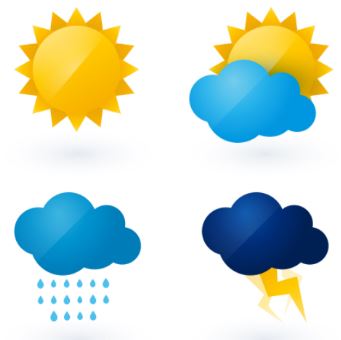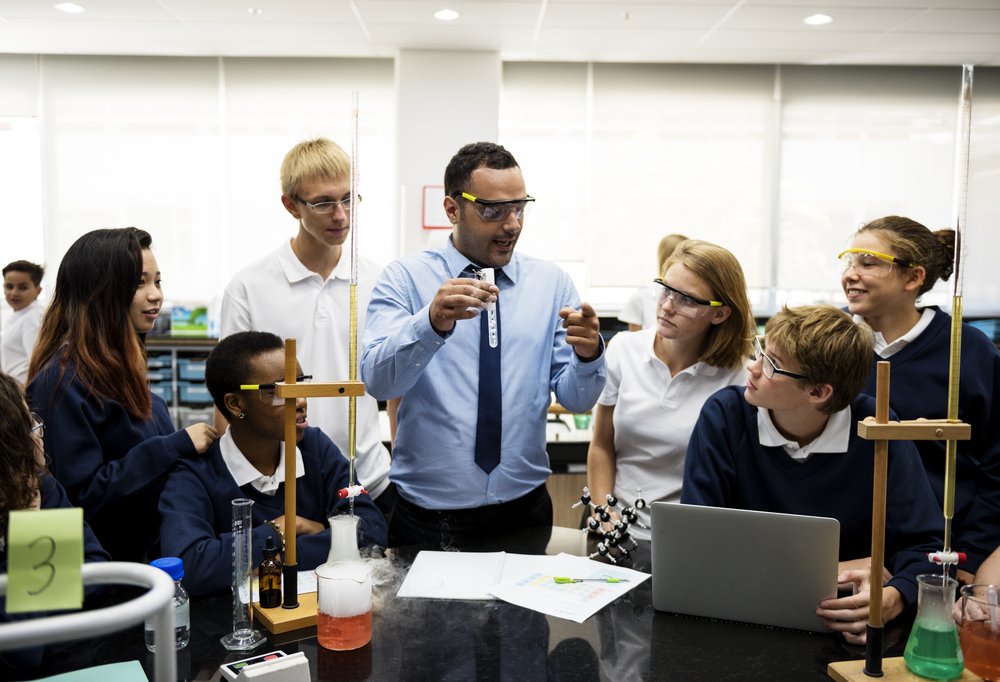No prizes for spotting that Tim Oates is a name to watch at the moment. Group Director of Assessment Research& Development at Cambridge Assessment, he is also author of Could do better: using international comparisons to refine the National Curriculum in England and is Chair of the expert review panel on the National Curriculum. His views are likely to have a significant influence upon the future direction of the National Curriculum and, therefore, what we teach in science in the next few years. The review is scheduled to take effect from September 2013 and to be available in ‘signed off’ form twelve months prior to that. This is not far away.
Tim was interviewed recently by Jessica Shepherd and the resulting article ran in The Guardian on June 12th. In it he was reported as saying that the National Curriculum shouldn’t require pupils to study climate change.
To be fair, he doesn’t have a problem with pupils studying climate change; the problem he has is with it being required by the National Curriculum. His view, as I understand it, is that the programme of study should clarify the underpinning concepts in, in this case, science and that schools should select the issues and contexts to deliver those concepts.
This is really altering the balance of what is in the National Curriculum and what is in a school’s curriculum. Tim Oates’ view is that the former should be a slim document that doesn’t attempt to define all, or even most of what a school does. Setting aside for a moment the question as to whether not covering climate change should even be an option, this perspective will increase the need for schools to get good at developing, as well as delivering, a curriculum. The challenge will shift from getting one’s head around the multiplicity of centrally generated required and recommended aspects of the curriculum to one of developing a series of effective learning experiences for pupils, based on some clear requirements for the fundamental ideas.
At a recent presentation, he recounted how he’d been accused of “trying to take the interesting bits out of science and leaving in the boring bits”. His response was that it wasn’t the job of the National Curriculum to find ways of engaging pupils. It wasn’t that pupils shouldn’t be engaged but rather that it was the function of teachers to find ways of doing it.
I think the next year or two are going to be interesting. I think that the schools that thrive will be those who have the capacity to exploit this freedom and develop, or participate in the development of, exciting and engaging schemes of learning. Difficult to do that by yourself; like many things in life more fun is to be had if done with others. Mr Oates waxes lyrical about curriculum projects such as those developed by Salters and Nuffield. Ladies and gentlemen, take your partners please. Decide who you’re going to tango with.
Ed Walsh, Science Advisor with Cornwall Learning.



